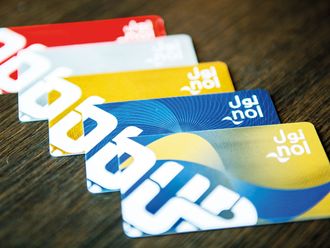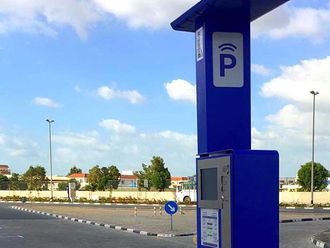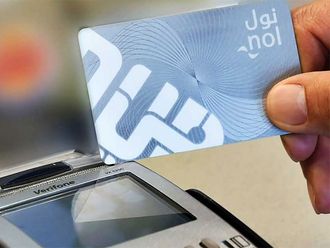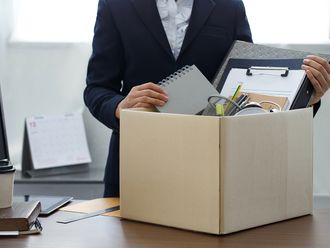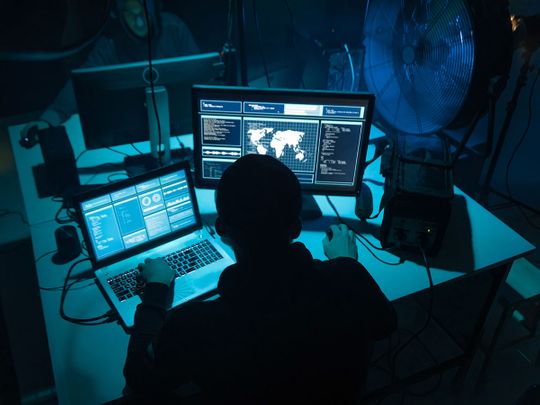
Dubai: Recently received an email about an outstanding utility bill from Dubai Electricity and Water Authority (Dewa)? If so, you may want to take a look at the email address carefully, because it might be spam.
On September 7, the authority took to its social media channels to raise awareness about phishing attacks and urged users to visit its website to be learn more about cyber security measures they need to follow.
On its website, Dewa provides the following tips to spot fraudulent messages and emails:
1. How to check if it is a phishing email
• Verify the sender’s address and domain.
• Check the logo or layout of the email.
• Spot any grammatical errors or spelling mistakes.
2. Make sure you have a strong password
According to Dewa, your account should have a strong password, which is easy for you to remember. It should not contain any personal information, like your date of birth or name, which can be easy for scammers to guess.
If you want to avoid having to remember a password, you can instead use the UAE Pass, which is the single-login identity for citizens, residents and visitors in the UAE. It uses strong security measures to ensure you login to accounts safely.
3. Only use approved platforms to pay your Dewa bills
It is important to note that Dewa will not ask you to ‘download your Dewa bill to pay’ or ask you to click on any suspicious links. To pay your Dewa bills you should only use the following channels:
• Dewa app – available for Apple, Android and Huawei devices.
• Dewa website – dewa.gov.ae
• Empay UAE Application
• Dubai Now app - available for Apple, Android and Huawei devices.
• EasyPay
• Auto Pay - from Etisalat by e&, which allows customers to pay Etisalat bills and utility bills.
• Apple Pay
• SamsungPay
• Tayseer – for Emirates NBD customers.
• Banks – there are a total of 22 UAE and international banks which accept Dewa bill payments.
• ENOC or EPPCO Petrol Stations – you can your Dewa bills at any of these petrol stations with cash.
• Emirates NBD (CDM Machine) – Emirates NBD customers can make payments using cash and cheques through Cash Deposit Machines (CDM).
4. Fake callers
Beware of unknown phone numbers calling you and always verify the identity of the caller before providing any information. Do not divulge any personal information.
Dewa has a Caller ID, which means that when you are getting a call from the Customer Care Centre, you will clearly see the official Dewa name appearing, instead of a telephone number.
• Email - customercare@dewa.gov.ae
• Customer care centre - 04-6019999
5. Fake social media handles
You should always refer to the official social media accounts of Dewa for accurate information. All government accounts have a verified tick next to their user handle.



